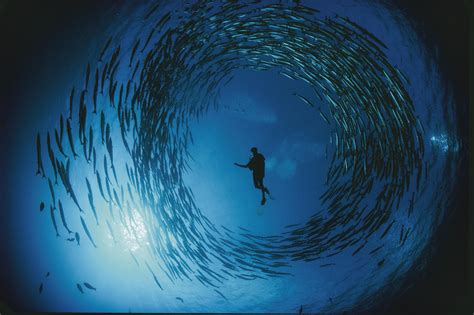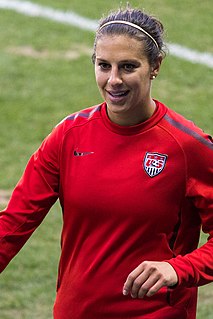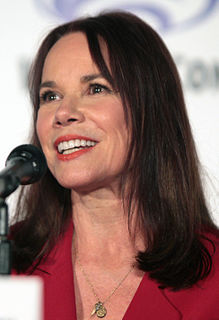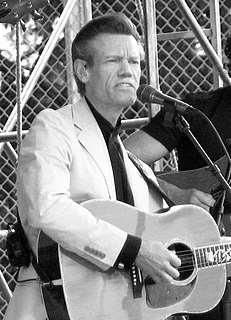A Quote by Rufus Wainwright
Climate change has always been sort of my main focus. I think also with [what happened in Fukushima, Japan] there's still a lot to think about in terms of what's coming down the pike into the world's oceans, too.
Related Quotes
Climate scientists think of nothing but climate and then express their concerns in terms of constructs such as global mean surface temperature. But we live in a world in which all sorts of change is happening all the time, and the only way to understand what climate change will bring is to tell stories about how it manifests in people's lives.
Oceans need more attention because climate change IS an ocean issue. Our oceans will be the first victim, and sea life will suffer dramatically. Detailed proof is hard in ocean science, but I think we're already seeing big ocean changes caused by climate change, such as starvation of whales, seabirds, and other animals off the coast US west coast.
Scientists tend to focus on what they don't know more than what they do know. And there are a lot of things we still don't know about the climate. But we know the difference between climate variability and climate change, and right now the amount of carbon in the atmosphere is well outside the variability pattern - and that's quite quantifiable.
There's something about us using the word fascism and thinking about, "What is it? What does it mean, and what are the tenets of it?" I've been thinking a lot about folks denying what has happened in history, or just not acknowledging it. I think there's something that's fascist, and something that I think we could probably learn from, in terms of the energy in the world right now.
I think in terms of getting new artists who are not in that sort of stereotypical teenage boy demographic; there's been a lot of progress recently. And I shouldn't make a definitive statement about this, but my impression is that the main impediment to progress in that regard is the number of people who are choosing to make a go of it.
Well, I think we ought to definitely look at it and debate it. I think there are a lot of people who have trouble coming to terms with that because they see marriage as traditionally between a man and a woman. But I also know that, you know, when couples are committed to each other and love each other, that they ought to have I think the same sort of rights that everyone has.
It's very clear that global climate change is occurring on earth, but it's also been very clear that that has always happened on earth. We've always had a changing climate on earth. We all know about ice ages. We know when our continent was covered with ice sheets. We know glaciers come and they go. It puzzles me that people forget that.
She [Hillary Clinton] knows the people well. I think there is - you know, also talking about breaking down barriers and talking about that, whether we`re talking about that in economic terms. I mean, she`s the only person who has been out there talking about white privilege and talking about sort of the intersectionality of some of these issues.
I think every once in a while country has lost its way, but found its way back. It's always going to drift away from the traditional side, but then find a way to return. There's room for all kinds of influences be it pop, blues, gospel or whatever. But I will always say that I think we need more traditional country music coming down the pike.
I think the challenge of climate change in particular is the challenge for us to create and produce new norms for a new kind of world. And that's why I think as important as the issue of climate change is, it's even more important than it seems because if we can't evolve very quickly, new norms to deal with issues like climate change, we're not going to be able to survive in the kind of world we've created. So I think, really, the whole nature of democracy, of governance, of global community and of solving the kinds of problems of the 21st Century are really at stake.
I try and find and access the parts of myself that still blindly believe and have faith in a lot of things. I don't mean to be cynical, but I've also discovered that I still have a lot of those. And they may not be where I expected them to be. Maybe I've been in relationships, and this is a movie about relationships, like romance relationships - so maybe I've been in some that have sort of made me lose my faith. But deep down inside, I still have blind faith.



































